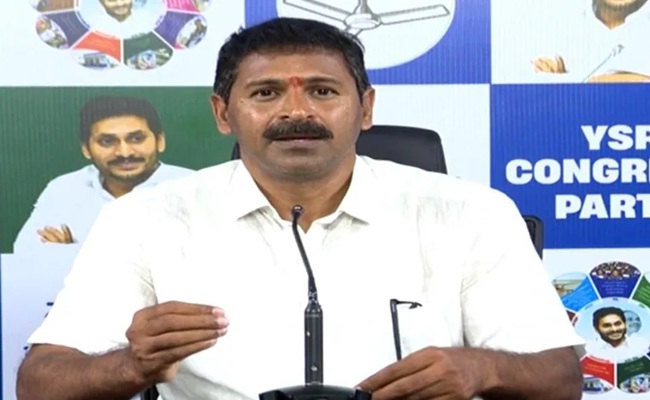The YSR Congress Party (YSRCP) on Friday launched a sharp attack on Jana Sena chief and deputy chief minister Pawan Kalyan after his comments on former chief minister Y. S. Jagan Mohan Reddy’s decision to abstain from assembly sessions. The YSRCP accused Kalyan of undermining democratic values and making light of Reddy’s protest against being denied recognition as leader of the opposition.
Party leaders stressed the need to uphold the Constitution, criticizing Kalyan for what they called “political theatrics.” They urged him to study constitutional principles instead of relying on what they described as “Red Book ideologies,” a pointed reference to Maoist literature. The remarks underscored their view that Kalyan’s political approach lacked depth and seriousness.
The clash comes against the backdrop of Jagan Mohan Reddy’s frustration with the assembly’s decisions and his absence from sessions as a form of protest. The YSRCP has framed this move as a stand against undemocratic practices, while Kalyan’s comments were seen as trivializing the issue.
Known for his charismatic presence, Pawan Kalyan often uses sharp rhetoric in political exchanges, but this time the YSRCP’s strong counter signaled that his remarks had crossed a line. Leaders accused him of disrespecting legislative norms and argued that, as deputy chief minister, he should focus on safeguarding democratic institutions rather than mocking them.
The incident has once again highlighted the tense rivalry between the YSRCP and Jana Sena, with the ruling party aiming to portray Kalyan as irresponsible ahead of the upcoming elections. By defending Jagan Mohan Reddy’s protest and framing it as a constitutional stand, the YSRCP hopes to strengthen its appeal among voters who prioritize democratic values.
As Andhra Pradesh politics moves into a more competitive phase, this war of words reflects the high stakes at play. Every statement is shaping party narratives, and the YSRCP’s aggressive response shows its determination to challenge Pawan Kalyan’s growing influence in the political landscape.



